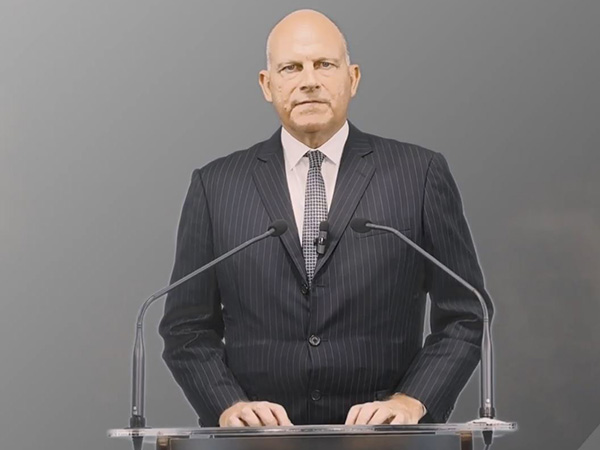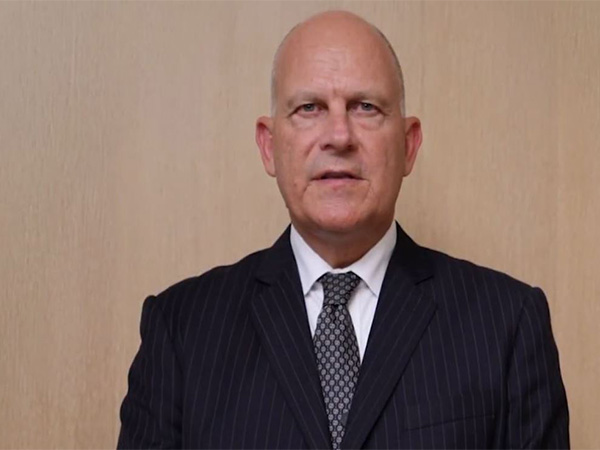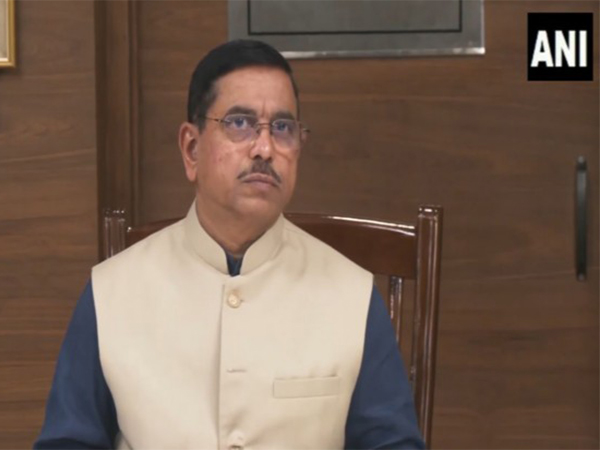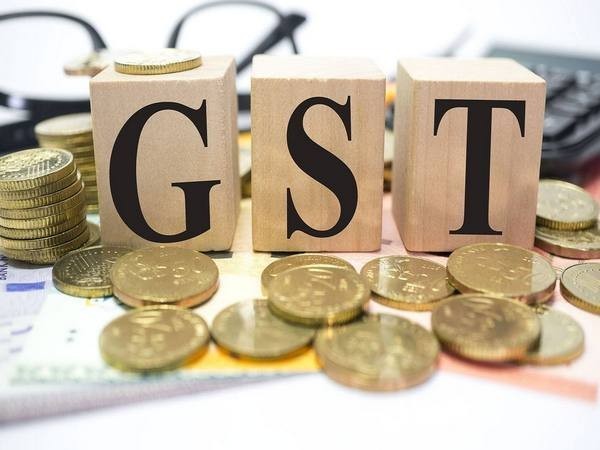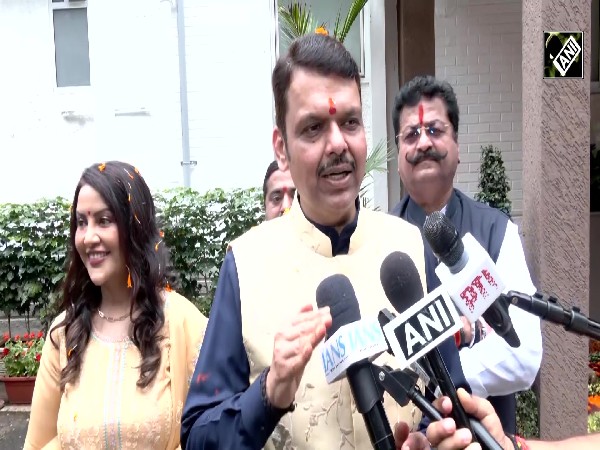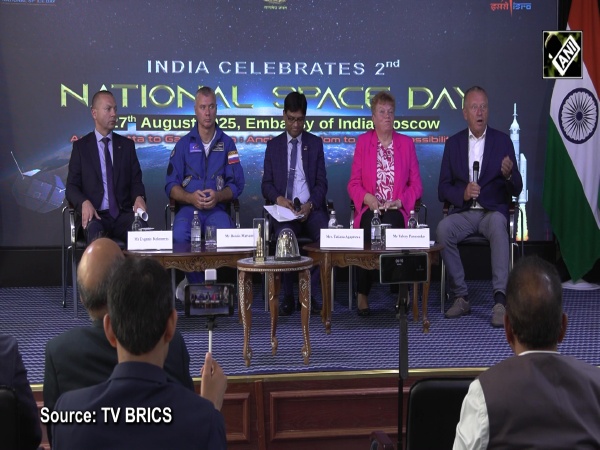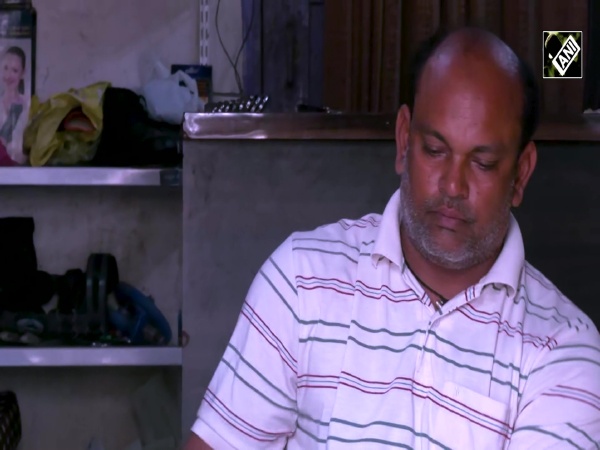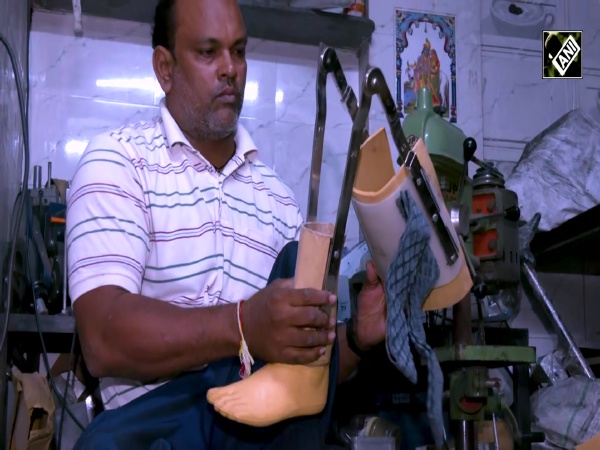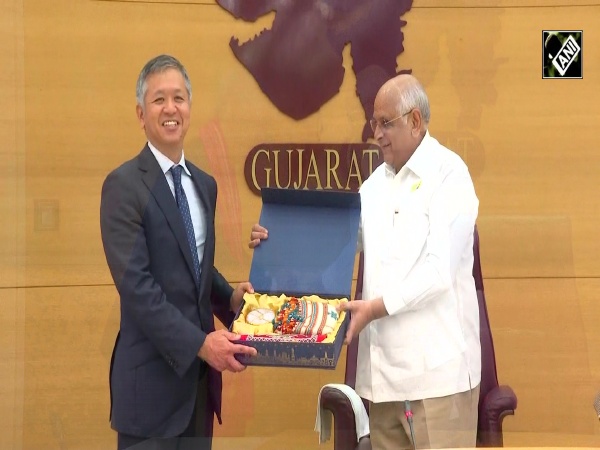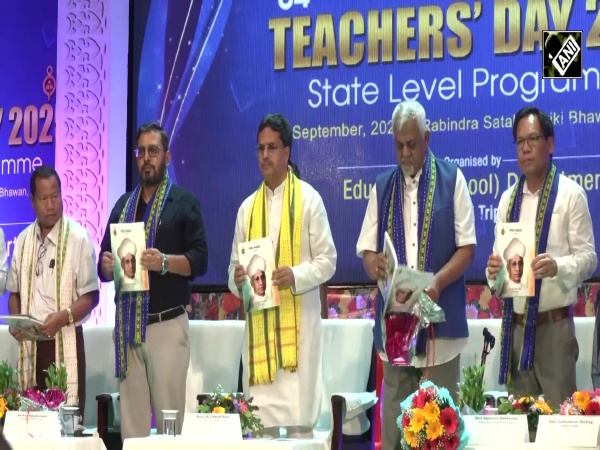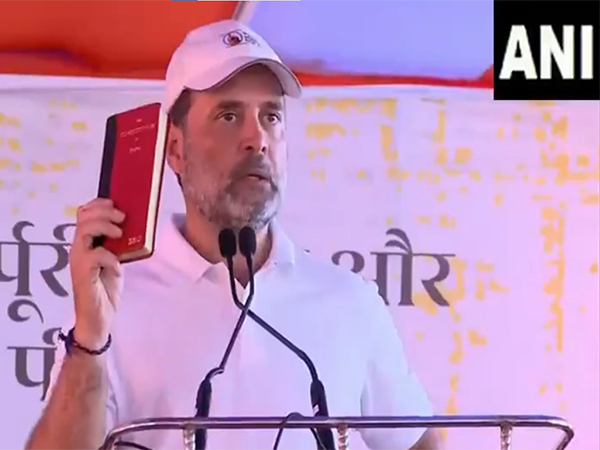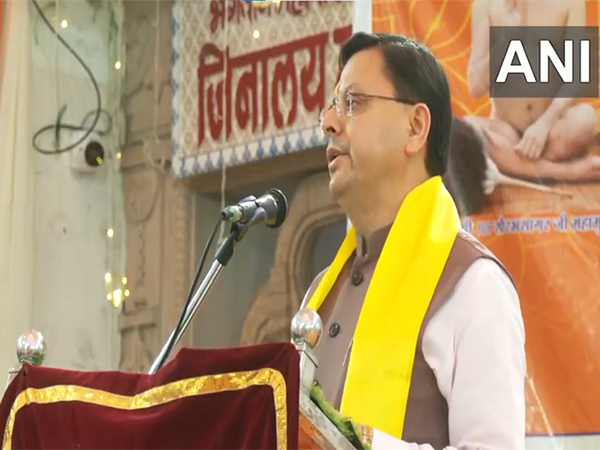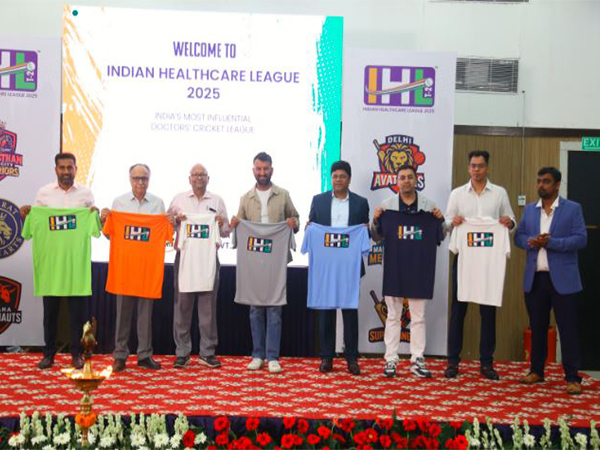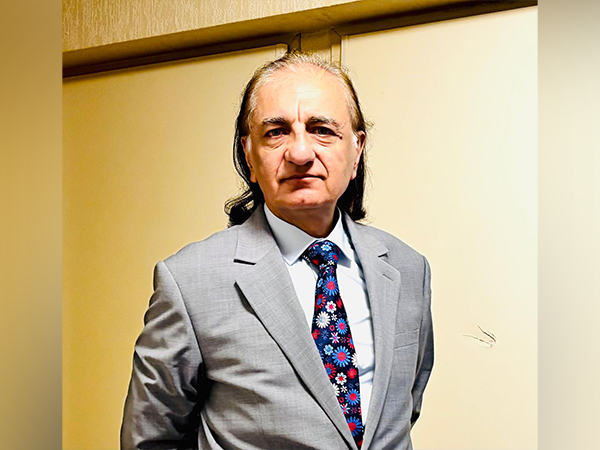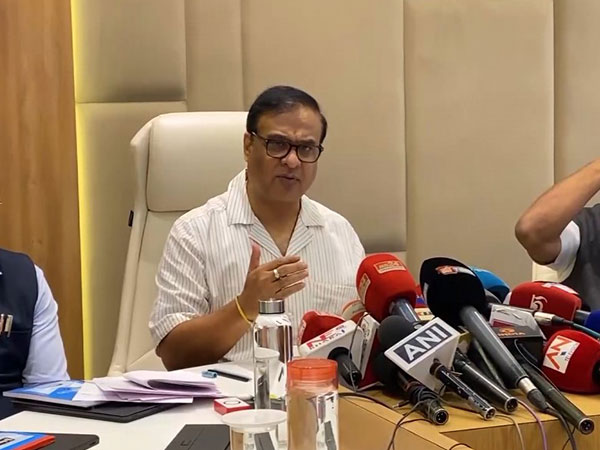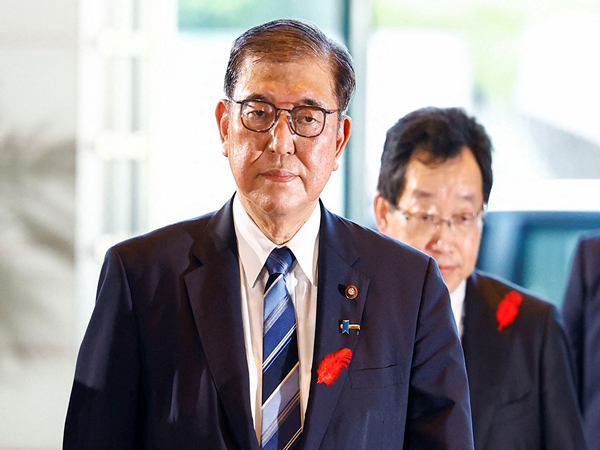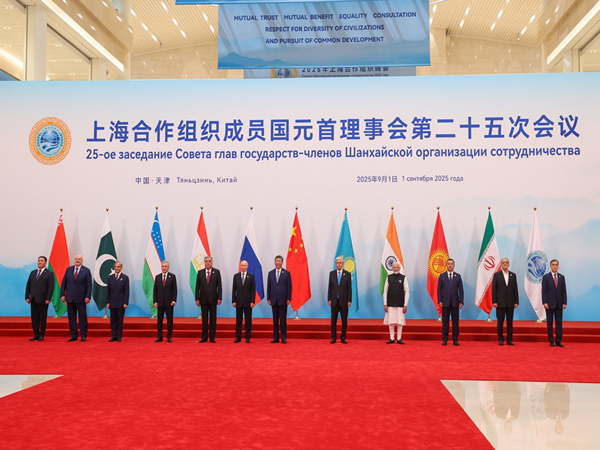
India reaffirms commitment to WTO-centred, fair trade system at SCO Trade Ministers' Meeting
Sep 07, 2025
New Delhi [India], September 7 : India stressed the scope to leverage the Shanghai Cooperation Organisation's (SCO) collective strengths for shared prosperity at the SCO Trade Ministers' Meeting held in Vladivostok and highlighted the need for export diversification, reducing dependency, and building resilient supply chains, the Ministry of Commerce and Industry said in a statement Sunday.
With the SCO accounting for 42% of the world's population and 17.2% of global trade, India emphasised the importance of coordinated action to enhance trade flows, address vulnerabilities, and support inclusive growth across the region.
Representing the Union Minister of Commerce and Industry, Amitabh Kumar, Additional Secretary, Department of Commerce, at the meeting held on Saturday, underlined the need for an open, fair, inclusive and non-discriminatory multilateral trading system with the WTO at its core.
He highlighted the importance of a development-centred agenda that includes a permanent solution on Public Stockholding (PSH) for food security purposes, effective Special and Differential Treatment (S&DT) for developing countries, and restoration of a fully functional two-tier WTO dispute settlement system.
He also underlined the role of services trade and the temporary movement of skilled professionals, in line with national laws and transparency, to strengthen economic growth and support greater participation of MSMEs in global value chains.
India stressed the importance of diversifying and de-risking supply and production chains through geographical spread, interoperable logistics, predictable market access, and enhanced connectivity, while upholding principles of national sovereignty and territorial integrity.
It noted that persistent trade imbalances must be addressed through better market access, cooperation on standards, and streamlined trade facilitation. India cautioned that export-related measures should not be weaponised or misused to create artificial scarcity, distort markets, or disrupt supply chains, and emphasised that their calibrated and transparent use is essential to maintain trust in international commerce.
On the digital economy, India proposed SCO workstreams focused on fair, transparent and predictable regulatory frameworks, voluntary cooperation on best practices, and capacity-building for secure, innovation-led digitalisation.
India also showcased its achievements in Digital Public Infrastructure (DPI), including UPI for real-time payments, India Stack for identity and consent management, and ONDC for unbundled digital commerce.
These initiatives were presented as low-cost, standards-based and replicable models to reduce MSME costs, expand access to markets, and enable real-time settlements, including through pilot projects among trusted partners.
On sustainable development, India emphasised equity and the principle of Common but Differentiated Responsibilities and Respective Capabilities (CBDR-RC).
It highlighted the Mission LiFE (Lifestyle for Environment) initiative and underscored that climate action must be supported by finance and affordable technology flows.
India also cautioned that trade-linked climate measures should not result in arbitrary or unjustified discrimination.
India spotlighted the AVGC sector (Animation, Visual Effects, Gaming and Comics) as an engine of employment, exports and inclusive growth.
It recalled its successful hosting of the first-ever World Audio Visual and Entertainment Summit (WAVES 2025) earlier this year, which attracted participants from over 100 countries.
The Summit catalysed multiple initiatives, including Waves Bazaar for global media collaboration, WaveX for creative start-up funding, and Creatosphere for talent development through the Create in India Challenge.
Through the India Cine Hub, supported by simplified regulatory frameworks and 17 co-production agreements already in place, India is positioning itself as a global film production hub.
India thanked the Russian Presidency of the SCO Council of Heads of Government (Prime Ministers) for steering a substantive trade and economic agenda and advancing practical cooperation.
It reaffirmed its commitment to collaborate under Tajikistan's Chairmanship of the SCO CHG in 2026-27 to promote sustainable and inclusive economic growth across the region.
